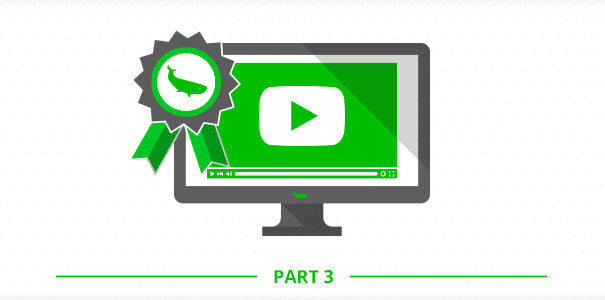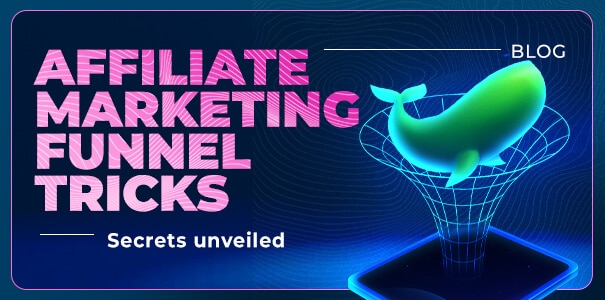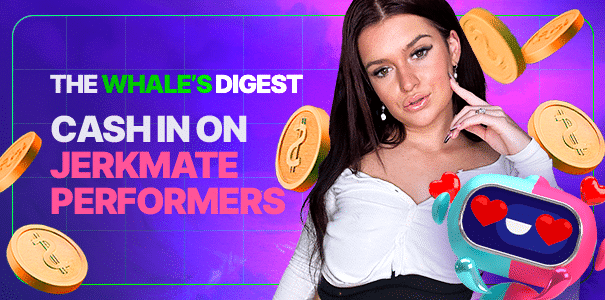
Whether you're an experienced site owner or one who's just starting out, it's easy to get lost in the sea of information that comes your way when curiosity strikes.
From the topic of SEO to general questions site owners may find themselves having, the Internet is filled with both good information and bad on topics such as these.
That’s why we’ve always been a fan of Google’s Webmaster Videos—informative videos—made by highly knowledgeable Google employees to educate on various web-related topics such as these.
An authoritative voice Matt Cutts is one of Google's leading Software Engineers. He joined Google in 2000, and currently leads Google’s search quality team on search engine optimization issues. Today, like in our previous Part 1 and Part 2 posts, we continue featuring more of Matt's videos since we can’t think of a more trustworthy, authoritative voice. |
Is there a way to tell Google about a mobile version of a page?
The answer of course, is yes. There's a couple ways to let Google know, and that's through either a responsive site (by not blocking javascript or css) or by using rel=alternate on your desktop page if you have a mobile site (with a rel=canonical on the mobile site).
Since this gets very technical, a complete text-based guide with a much more in depth overview of this can be found on Page 24 - 27 of Google's Search Engine Optimization Starter Guide.
Update: When this video was recorded back in 2014, Google crawled smartphone sites as "Googlebot-mobile" -- now they crawl simply as "Googlebot.” More info on this change here.
What are some myths about SEO?
Despite popular belief, whenever Google rolls out with a change related to Google Search, it isn’t to drive people to buy more Ads.
His point about Google’s end goal is a very solid one.
Criteria Google uses when deciding whether a link is "paid" or not...
Most of the time it’s quite clear: sites that sell paid links to increase your PageRank, are traditionally bad for PageRank.
Generally speaking, Google classifies that link of yours as “paid” and knocks you points in the PR department if it comes across as deceptive or manipulative.
Out of place links and irrelevant links that link to X-site while on site-Y also don’t bode well and will likely scream “paid” or will come across as "spammy" by the search engine giant.
The criteria covered here is quite fascinating.
This in-depth video, however, may be one of the few videos from Google that raises more questions than it answers. It gets kind of creepy, actually.
What we want to know is, how does Google know when money is exchanged for a link out in the real world?!
Why does Google index blogs faster than other sites?
To those who firmly believe your blogs get crawled more regularly than a non-blog format site, Cutts says it's really just "Google Blog Search" crawling the site more frequently-- and while you may show up on Google's blog search, apparently it’s not quite the same thing as Google's main web search.
But as always, if you want frequent indexing -- just continue pushing out great content.
Remember, with great content comes a great reputation, and with this comes frequent crawls, and consistently frequent indexing!
How can I make sure that Google knows my content is original?
This is a great hypothetical situation that some Webmasters may face at some point or another (with even a solution from Google!).
Imagine Google crawls Website-A every hour opposed to Website-B's once-daily crawl.Then Site B writes an article and Site-A copies it (but not only copies it, changes the timestamp)
Since Website-A gets crawled first by Googlebot.... whose content is original in Google's eyes and which site will rank higher?!
Cutts' advice to this hypothetical pickle? Tweeting the content can help!
By Tweeting the link, you increase exposure. People will see the content and may link to it. Google may then follow these links faster than the other site. Cutts also talks a bit about DMCA notices in the video.
Google remains on top
As always, Google's Webmaster channel serves as a treasure trove of Web-related information on YouTube. In a world full of "experts" -- it's nice to see videos that not only educate, but provide an authoritative voice on a whole host of relevant topics to Webmasters today.
They have our gratitude for making us better Webmasters!

